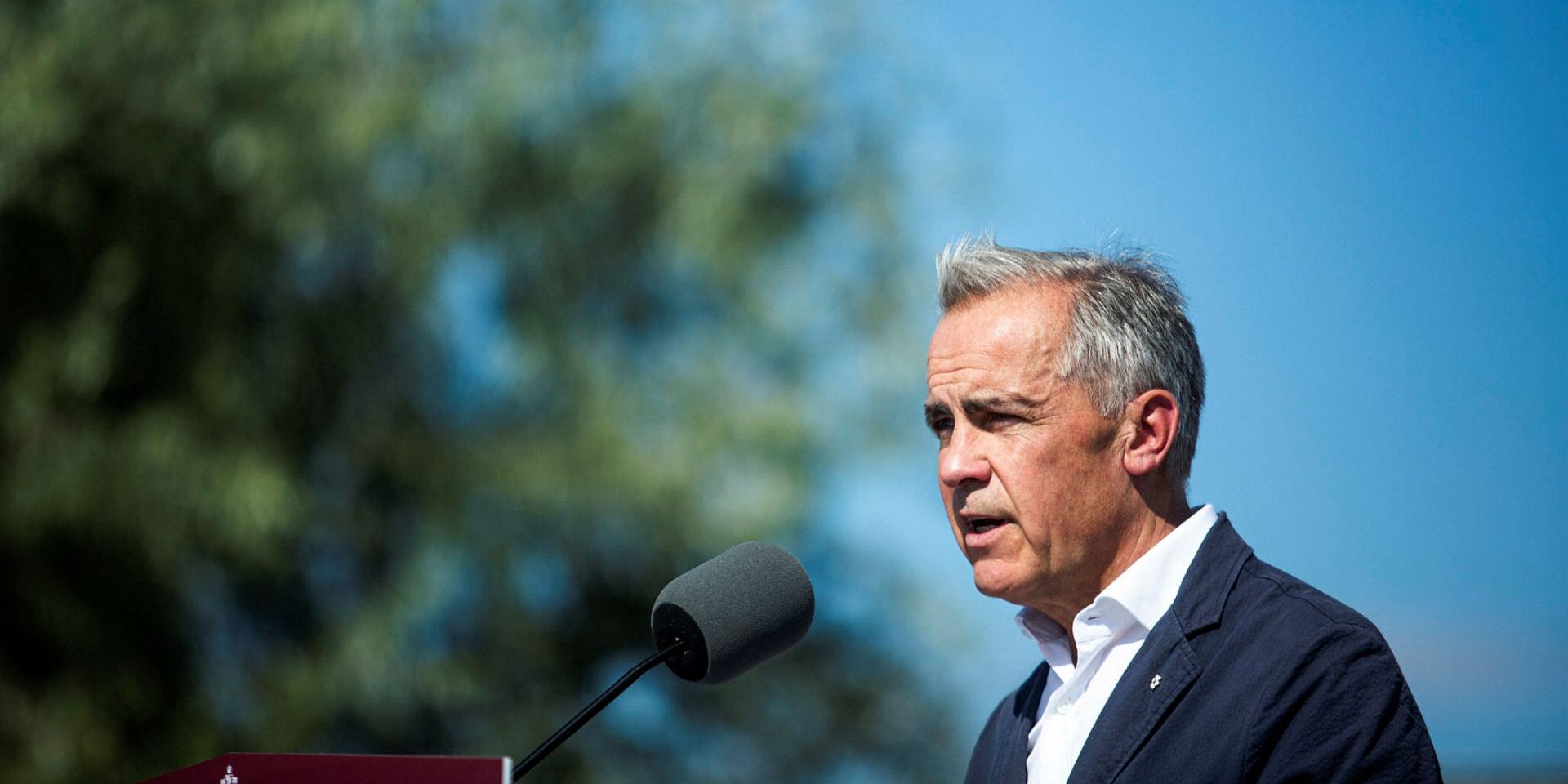For Carney, it’s all about the economy

OAKVILLE, ONT.—During a conversation I had with a former MP long ago, he told me something that sounded cynical.
What he said was that, while sitting in the opposition benches, he was always secretly happy whenever the media reported bad economic news.
Yes, bad economic news wasn’t good for the country, he admitted, but it was certainly good for his party’s electoral prospects.
Of course, no opposition politician would ever publicly admit to this, but it’s a political reality.
The fact is, a faltering economy—or indeed just the perception of one—is the kryptonite of incumbent governments.
Voters will forgive a lot of things, but they’ll rarely forgive economic incompetence.
It could certainly be argued, for instance, that inflation, combined with a general overall economic anxiety, directly led to the United States Democratic Party’s loss in last year’s American presidential election.
As American consultant James Carville once succinctly put it, “it’s the economy, stupid,” when he led Bill Clinton’s successful presidential election campaign in 1992.
Yet, Carville’s truism about voter concerns is often forgotten in the heat of political battle.
Sometimes non-economic issues, pushed by journalists, partisans, activists, and pundits, will dominate the news headlines and flood social media platforms, leading many to believe that a new game-altering dynamic will swamp all other issues aside, including economic issues.
In fact, we see this happening right now in the U.S.
Suddenly, things like the Epstein files, or Charlie Kirk’s assassination or the Jimmy Kimmel censorship drama are being pushed front and centre as if they were the most important issues of the day.
But are they really?
True, maybe these issues are important to those who dominate the various social and mainstream media ecosystems, yet we must keep in mind that most normal people don’t spend much time on Twitter, TikTok, Instagram, or Bluesky; they rarely watch cable news shows; and, at best, they only half pay attention to what’s happening in the political world.
In other words, the concerns of those on social media or in the mainstream media don’t necessarily reflect the concerns of the wider public.
Again, what the wider public is usually paying close attention to is their personal economic status, i.e., the price of groceries.
My point is all the dramatic non-economic stuff that’s currently making news in America is, for the average person, just background noise.
This is why in next year’s U.S. midterm election, American voters will judge President Donald Trump on how well they think he’s handling the economy; if they buy the argument that his tariff policy is protecting U.S. jobs, they’ll vote Republican; if they don’t buy it, they’ll vote Democrat.
It’s a simple equation; politics is not rocket science.
Here in Canada, Prime Minister Mark Carney seems to understand how all this works.
Indeed, since coming to power, his focus has been to invigorate Canada’s economy even if that means sidelining other non-economic priorities, most notably, the ambitious environmental goals of his predecessor.
To put that another way, Carney realizes that, for the average voter, economics trumps everything else, including the environment.
Yet, the prime minister has his work cut out for him.
According to a recent Angus Reid poll, 53 per cent of Canadians rated “inflation and or the cost of living” as the No. 1 issue facing the country, while 57 per cent say they can’t keep up with the cost of living.
On top of that, bad economic news, such as a recent report indicating that Canada’s economy shed 66,000 jobs in August, pushing our unemployment rate to its highest point since 2016, will only deepen the public’s gloom.
I wonder if such news makes Conservative leader Pierre Poilievre secretly happy?
Gerry Nicholls is a communications consultant.
The Hill Times






 LICENSING
LICENSING PODCAST
PODCAST ALERTS
ALERTS


